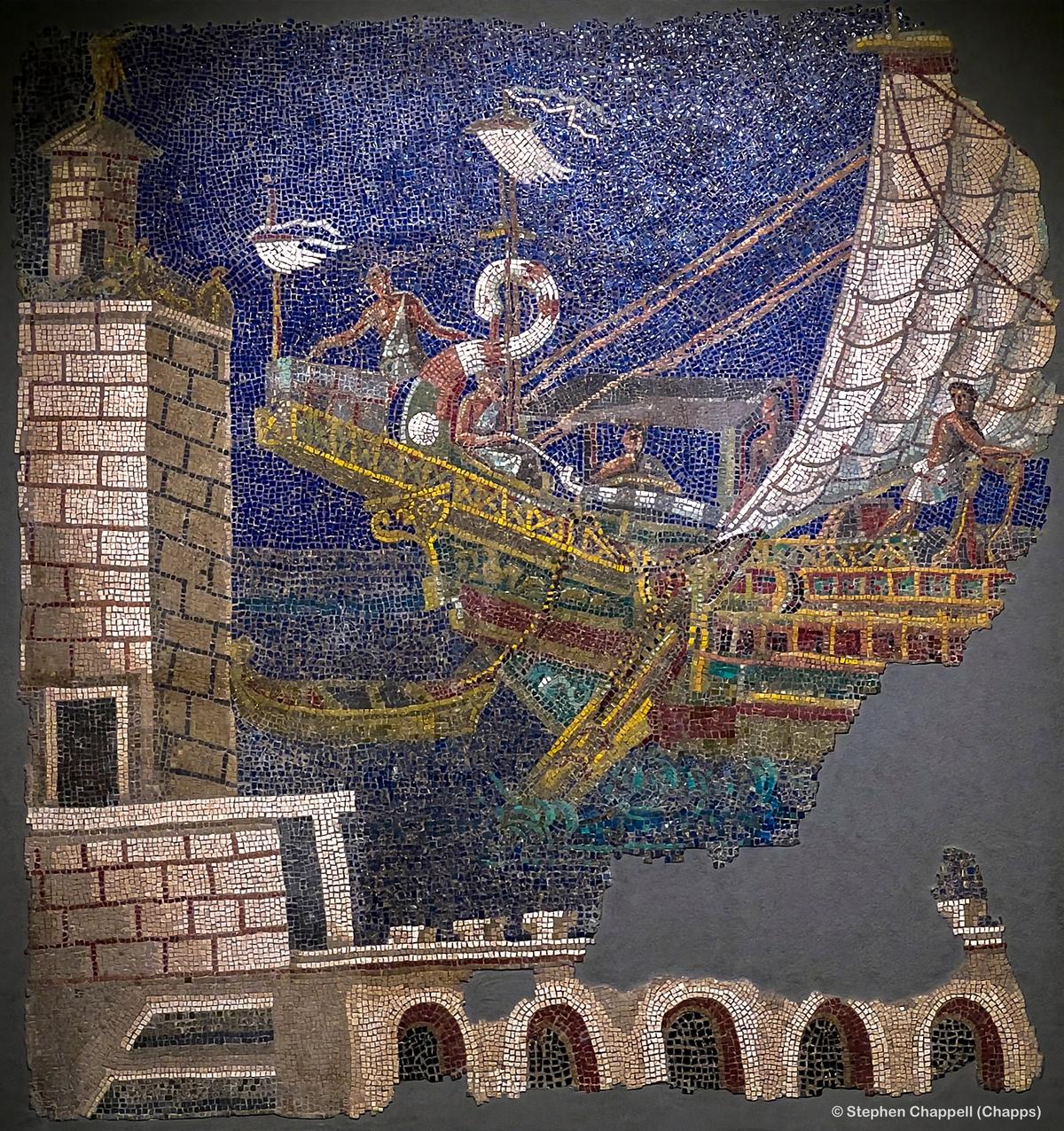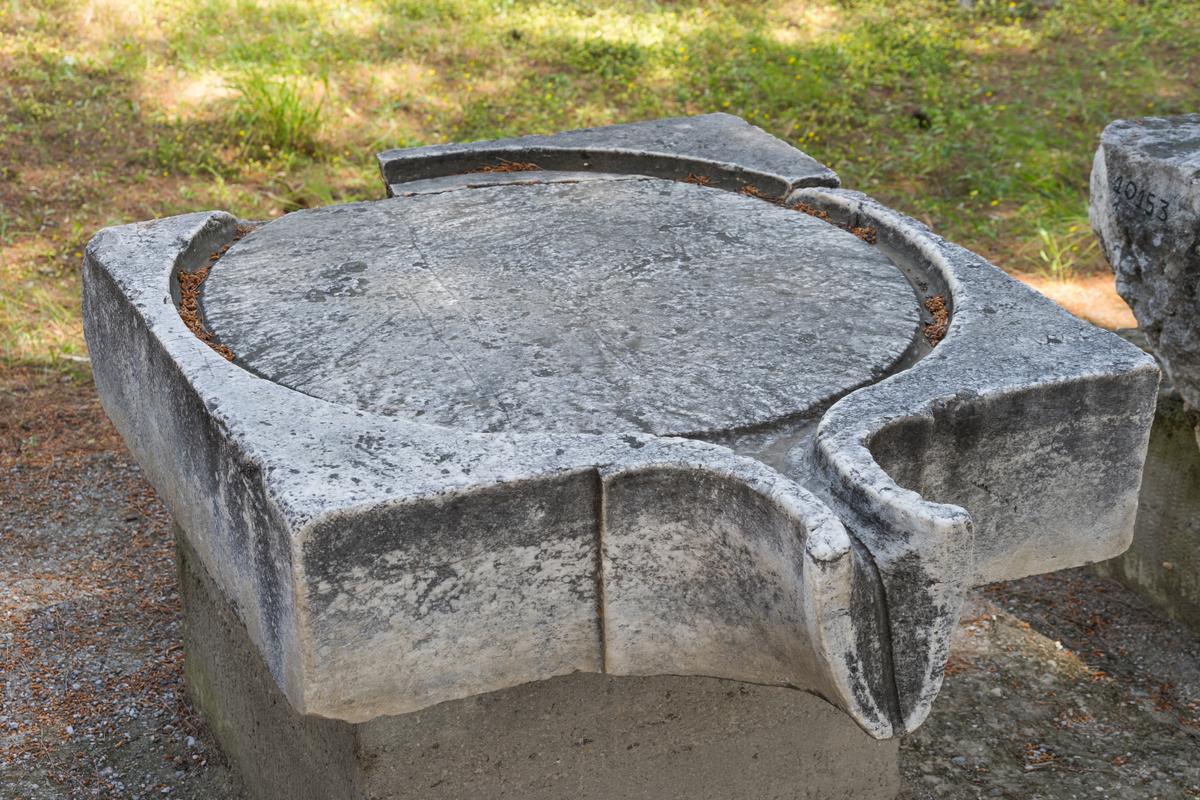About
The Center for Advanced Studies on the Ancient Mediterranean (CASAM) is an international non-profit research institute devoted to the study of the societies, economies, and environments of the Mediterranean world from the Bronze Age to the Early Middle Ages. Founded as a Fondazione under Italian law, CASAM provides a unique platform for interdisciplinary collaboration across the humanities and the natural sciences. Its activities are hosted at the American Academy in Rome, Villa Falconieri in Frascati, and Villa Monastero Santa Maria in Casperia (RI), a historic site built upon the remains of a Roman villa and later transformed into a Benedictine monastery.

CASAM brings together historians, archaeologists, anthropologists, and natural scientists working in paleogenetics, paleoclimatology, isotope studies, archaeobotany, and digital modeling. This diverse community pursues joint projects, summer schools, conferences, and fellowships, with particular emphasis on training the next generation of scholars to move confidently across disciplinary boundaries.
Central to CASAM’s mission is the revitalization of premodern Mediterranean history as an economic and social science. Research focuses on long-term trajectories—such as fiscal regimes, demographic growth, labor organization, inequality, and state power—as well as moments of rupture, from the onset of the Roman Climate Optimum to the climatic, epidemiological, and political transformations of Late Antiquity. CASAM treats emerging scientific archives not as supplementary, but as constitutive of historical analysis, integrating them with textual and archaeological evidence to build robust models of socio-economic change and resilience.
CASAM also engages critically with the role of Artificial Intelligence in historical research, from automated text recognition and pattern detection in large datasets to the ethical and epistemological challenges AI poses for the transparency and reproducibility of historical inference.
CASAM’s mission rests on three principles: scholarly excellence, through fellowships, conferences, and an annual prize; interdisciplinary collaboration, integrating history with environmental and computational sciences; and public engagement, ensuring results reach wider audiences via digital platforms, publications, and partnerships with museums and cultural institutions.

CASAM is governed by an international steering board and supported by its founding partners—the American Academy in Rome, Sapienza University of Rome, and the University of Basel—with contributions from institutions including the Swiss Institute in Rome, the Institutum Romanum Finlandiae, the Norwegian Institute in Rome, and the École Française de Rome. With the support of Italy’s Ministry of Culture, CASAM will launch its first programs in 2025/26, aspiring to become a global center for Mediterranean studies—a place where the ancient world is reimagined not as a distant past, but as a vital lens for understanding our present and future.